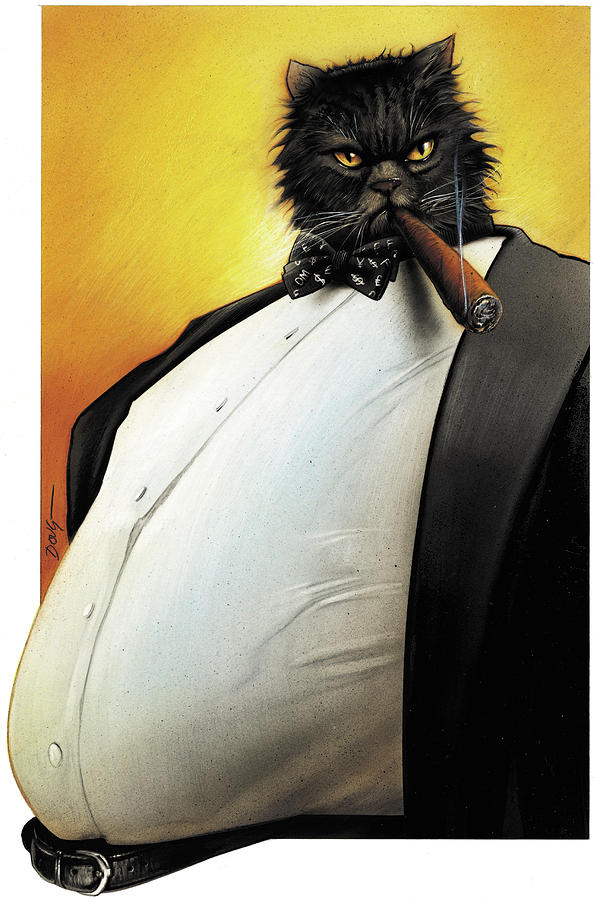
I was listening to a favorite podcast this morning when the hosts touched on a subject dear to my heart – the media’s competition for clicks. They live in Florida, and were talking about how hurricanes to Floridians are just a matter of business as usual. Other than in the worst-cases, they generally go about their lives.
But when they watched the national news, it seemed anything but a normal part of life. You could almost imagine the ominous music playing as reporters talked of the impending disaster and cost to humanity. And to make it even more dramatic, the reporters seek out conditions under which they can manipulate the public’s eye – stand in a swamp and tell everyone you’re mere steps from drowning if you have to. Anything to get the clicks. It’s a vicious loop that uses our inability to distinguish between small, isolated samplings and the broader, greater norms. To them, even a mole hill can be made to look like a mountain from the right angle.
I recently came across a Yale study that points to how we’re being deputized into our own ignorance. The study found that (of course) we naturally respond to the accolades associated with “likes” and “shares,” and so we adapt our behaviors accordingly. But what gets the most mileage out of “likes” and “shares”? Outrage. Hot-button issues. Politically polarizing or controversial. So, as the study goes, we are being conditioned to outrage by our desire for the right stuff. That we need those likes so that we can matter more.

But we don’t need them.
Some years back, when my kids were young – even before the internet – I cut off my cable TV. One of my friends was incredulous. I still remember him asking where I was going to get the news. But I found out, even then when there were far fewer options, that the little I gave up made a big difference. I’m running along the same lines even now with my avoidance of the giants. A better quality of life. Still a struggle at times, but not complicated by the outrage and the need for acceptance.
So where does that leave me? Unfortunately, we can’t put that genie back in the bottle. Facebook and Twitter have been far too lucrative to turn back. If we figure out a way, they’ll figure out a way. But I do have a simple solution that could take us at least part of the way back to sanity – a call for reintroducing critical thinking to the curriculum of life. If it were only the number one subject being taught in our schools, we’d be so much better for it. People should be taught to see the world from all of the sides practical. They should be taught how to view a news story or a social media post and recognize the underlying biases while looking for the kernels of truth within it. Believe it or not, Fox News actually does report the news. And so does CNN. And they each come from different perspectives. They are not always completely wrong, but they are also, quite often, not completely right either. That bias creeps in and tries to tell us how we should be reading it while subtly standing in the way of how it really is.
We need to know the difference, and we need future generations to know even more. There was a time when youth were told to question everything — it was a form of rebellion. Rebellion against the stale and stodgy establishment. Rebellion against the man! But now we should know better. “The man” has always been those who held the power — and behind the power, the money. It’s no different now. One of the best things I’ve heard lately (and I can’t remember where) was the observation that, “if you ever find something for ‘free,’ then you’re the product.” Social media costs us nothing but our outraged and manipulated souls.
Bought and paid for by the man.

You can see the whole Yale study here.
